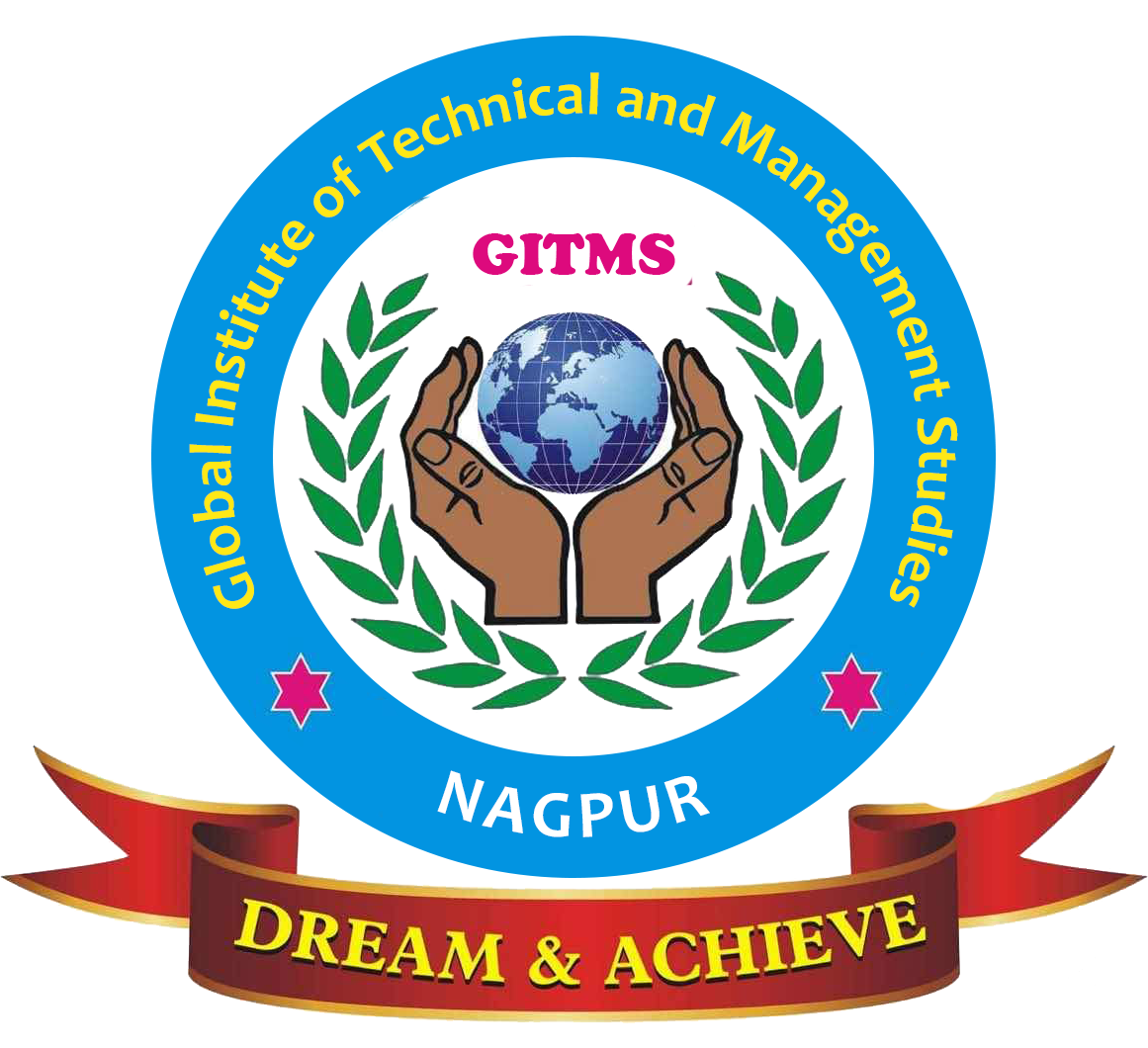Electrical & Electronics Engineering

These programs are meant for basically those professionals who are already working in technical departments of the corporate sector. These courses enable our students to go ahead and achieve higher profiles in their respective organizations through a high profile curriculum.
| Courses | Diploma in Electrical & Electronics Engineering | Bachelors Program in Electrical & Electronics Engineering | Master Program in Electrical & Electronics Engineering |
| Eligibility | S.S.C with Work Experience | 3 Years Diploma or HSC with 3 years Work Experience | Graduate or Diploma with 5 years Work Experience |
| Syllabus | SEM – I 1. Communication English I 2. Engineering Mathematics I 3. Engineering Physics I 4. Engineering Chemistry I 5. Engineering Graphics I SEM – II 1. Communication English II 2. Engineering Mathematics II 3. Engineering Physics II 4. Engineering Chemistry II 5. Engineering Graphics II SEM – III 1. Electrical Circuit Theory 2. Electrical Machines I 3. Electronic Devices & Circuit 4. Electrical Circuit & Machines 5. Measurements & Instruments SEM – IV 1. Electrical Machines II 2. Digital Electronics 3. Transducer & Single Conditioners 4. Electrical Machines Instrumentations 5. Digital Electronics & Linear Integrated Circuits SEM – V 1. Power System I 2. Microcontrollers 3. Special Electrical machines 4. Electrical Circuit Simulation 5. Control of Electrical Machines SEM – VI 1. Programmable Logic Controller 2. Electrical Machine Design 3. Electrical Estimation & Energy Auditing 4. Power System II 5. Power Electronics | SEM – I 1. Calculus 2. Physics 3. Mechanics of Solids 4. Engineering Graphics 5. English 6. Linear Algebra SEM – II 1. Chemistry 2. Environment & Energy Studies 3. Art of Programming 4. Elements of Electrical Engineering 5. Communication Skills 6. Electronic Devices & Circuit SEM – III 1. Thermal & Hydraulic Machines 2. Industrial Psychology 3. Basic System Analysis 4. Electrical Measurements & Measuring Instruments 5. Analogue & Digital Electronics 6. Human Values & Professional Ethics SEM – IV 1. Microprocessors 2. Biomedical Instrumentation 3. Network Analysis & Synthesis 4. Electrical & Electronics Engineering Materials 5. Electromechanical Energy Conversion – I 6. Optimization Techniques SEM – V 1. Engineering & Managerial Economics 2. Fundamentals of E. M. Theory 3. Electromechanical Energy Conversion – II 4. Control System 5. Elements of Power System 6. Analogue Integrated Electronics SEM – VI 1. Industrial Management 2. Power System Analysis 3. Power Electronics 4. Analogue & Digital Communication 5. Human Values & Professional Ethics 6. Illumination Technology SEM – VII 1. Electrical Instrumentation & Process Control 2. Switch Gear & Protection 3. Heat Power Engineering 4. Active & Passive Network Synthesis 5. Multimedia Systems 6. Electrical & Electronics Engineering SEM – VIII 1. Data Communication Networks 2. Computer Organization & Architecture 3. Transducer & Sensors 4. Electromagnetic Theory 5. Micro Processor & Micro Controller 6. Electric Driver | SEM – I 1. Probing at the Nan Scale 2. Data Networks 3. Digital Communication 4. Energy Efficient Electronics Technology 5. Advanced Power Electronics & Drives 6. Modern Control Systems 7. Wide Band Gap Electronics SEM – II 1. Power Generation Systems 2. Network QoS & Control 3. RF & Microwave 4. Signal Analysis & Modeling 5. Digital Signal Processing & Communication 6. Lasers 7. Project Planning SEM – III 1. Circuit Theory & Networks 2. Materials Science 3. Electromagnetic Theory 4. Electric Drives 5. Active & Passive Network Synthesis 6. Heat Power Engineering 7. Multimedia Systems SEM – IV 1. Industrial Management 2. Microprocessor Based System 3. Advanced Numerical Computation 4. Remote Control & Telemetry 5. AI & Neural Networks 6. Optimal Control System 7. Specialization |
| Duration | 1 ~ 3 Years | 1 ~ 4 Year | 1 ~ 2 Year |
| Fees | 29000/- | 39000/- | 36000/- |

DIRECTOR’S DESK
Welcome you all Aspirants…
I welcome you on behalf of the GITMS and thank you for showing your interest in us. GITMS is impart excellence in management education, research, and managerial training.
From Director’s Desk : GITMS
For a management institute it is imperative to be prepared for the changing environment while teaching its students to do the same. In an era that has come to become the epitome of competition, B-schools face the very pressures that they prepare their graduates for.

